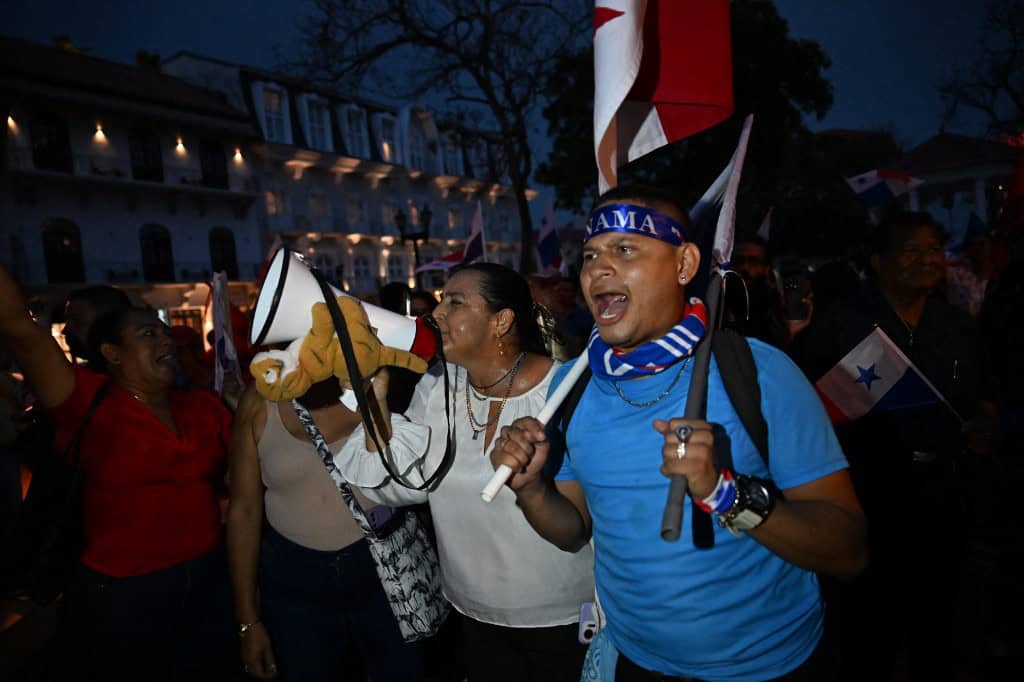Workers in Panama at a subsidiary of the U.S.-based banana company Chiquita Brands rejected on Friday President José Raúl Mulino’s demand to reopen roads they have blocked in protest of a recent pension reform. The company, which laid off 5,000 of its 7,000 employees after more than a month of protests and millions in losses, continues to face roadblocks in the Caribbean province of Bocas del Toro, near the border with Costa Rica.
In the midst of the crisis, the government and unions agreed on a draft bill to reinstate the healthcare, and pension benefits that banana workers had before the recent social security reform. Mulino demanded on Thursday that the roads be reopened as a condition for sending the bill to the National Assembly, but the unions insist the law must be passed first.
“We remain firm in our struggle,” said Francisco Smith, leader of the main banana workers’ union, in a phone interview. Smith stated that protesters are maintaining around 30 blockades in Bocas del Toro, especially in the town of Changuinola, where the U.S. company’s plant is located, about 600 km northwest of Panama City.
During a visit to the affected areas, Minister of the Presidency Juan Carlos Orillac called for preserving “social peace” and “working to move forward.” “Things can be resolved through dialogue,” said Orillac, who claimed there is “a lot of confusion” and “misinformation” among the demonstrators.
Shops are reporting product shortages, state bank ATMs are out of service, and schools remain closed. Mulino has asked the unions to lift the blockades “permanently.” He warned, “If the roads remain blocked, there will be no law.” Although the conflict is with the government, Chiquita laid off around 5,000 workers last week for “unjustified abandonment of duties.”
The company has also halted planting, packing, and exporting bananas, with losses exceeding $75 million. Mulino warned of the possibility that Chiquita could leave a region that relies heavily on banana production and tourism. The government declared a “state of emergency” last Tuesday to revive the region’s economy but ruled out forcibly reopening the roads.






